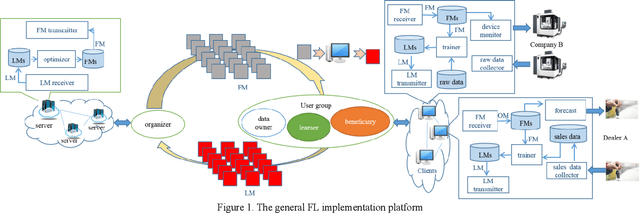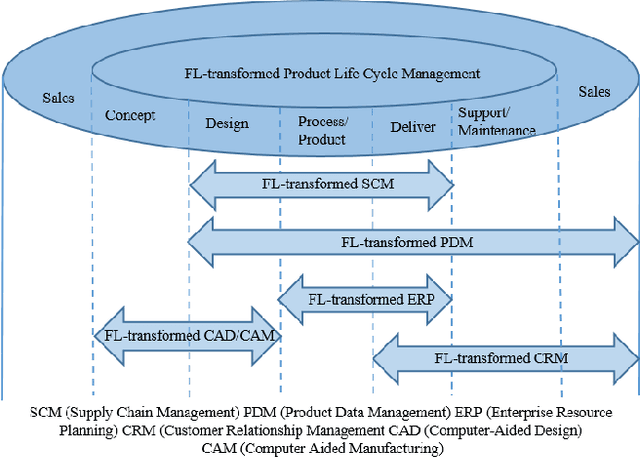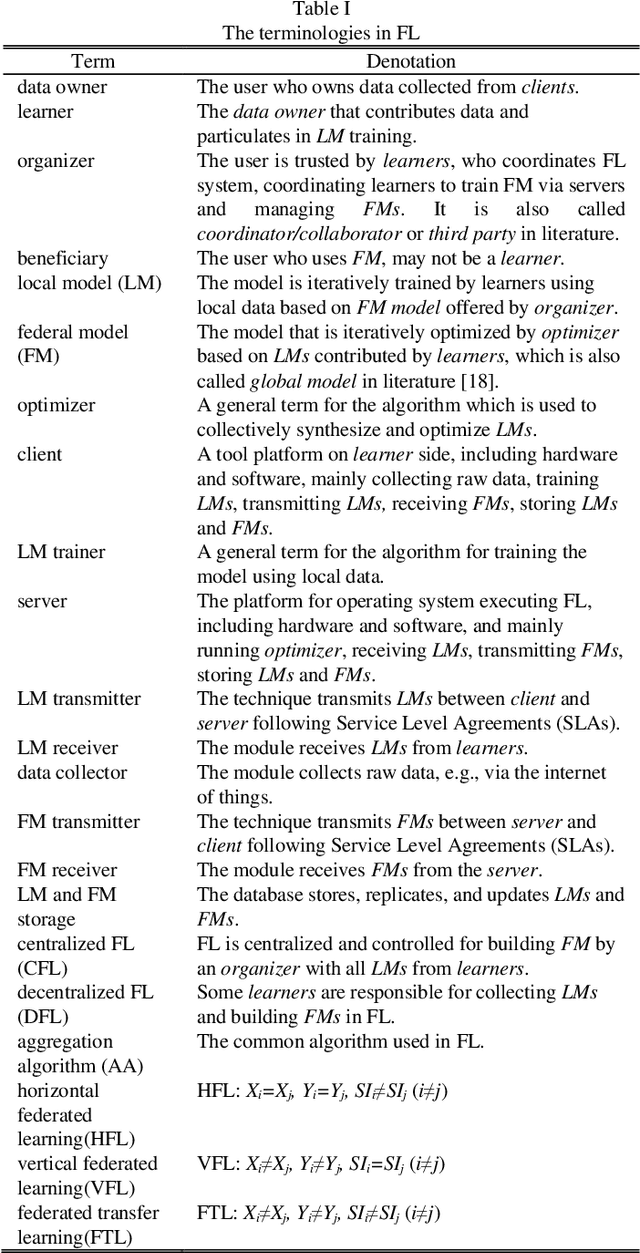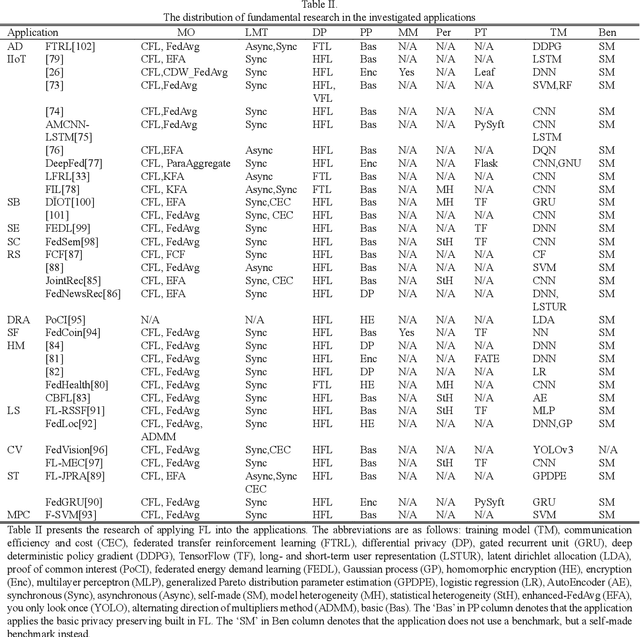Shouhua Zhang
TSViT: A Time Series Vision Transformer for Fault Diagnosis
Nov 12, 2023Abstract:Traditional fault diagnosis methods using Convolutional Neural Networks (CNNs) face limitations in capturing temporal features (i.e., the variation of vibration signals over time). To address this issue, this paper introduces a novel model, the Time Series Vision Transformer (TSViT), specifically designed for fault diagnosis. On one hand, TSViT model integrates a convolutional layer to segment vibration signals and capture local features. On the other hand, it employs a transformer encoder to learn long-term temporal information. The experimental results with other methods on two distinct datasets validate the effectiveness and generalizability of TSViT with a comparative analysis of its hyperparameters' impact on model performance, computational complexity, and overall parameter quantity. TSViT reaches average accuracies of 100% and 99.99% on two test sets, correspondingly.
A Survey on Federated Learning and its Applications for Accelerating Industrial Internet of Things
Apr 21, 2021



Abstract:Federated learning (FL) brings collaborative intelligence into industries without centralized training data to accelerate the process of Industry 4.0 on the edge computing level. FL solves the dilemma in which enterprises wish to make the use of data intelligence with security concerns. To accelerate industrial Internet of things with the further leverage of FL, existing achievements on FL are developed from three aspects: 1) define terminologies and elaborate a general framework of FL for accommodating various scenarios; 2) discuss the state-of-the-art of FL on fundamental researches including data partitioning, privacy preservation, model optimization, local model transportation, personalization, motivation mechanism, platform & tools, and benchmark; 3) discuss the impacts of FL from the economic perspective. To attract more attention from industrial academia and practice, a FL-transformed manufacturing paradigm is presented, and future research directions of FL are given and possible immediate applications in Industry 4.0 domain are also proposed.
 Add to Chrome
Add to Chrome Add to Firefox
Add to Firefox Add to Edge
Add to Edge